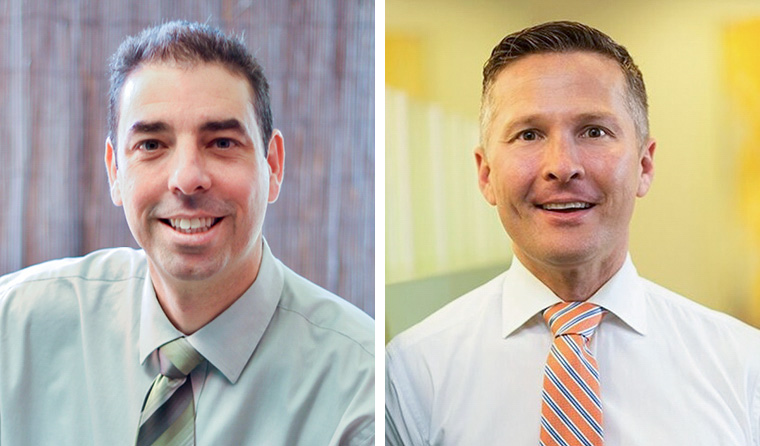News
Decrease in funding a ‘turning point for general practices’
A steady decline in bulk-billing rates can be attributed to under-funding and the cost of running a practice, experts told newsGP.
 Declining in bulk-billing rates can be attributed to under-funding and the cost of running a practice.
Declining in bulk-billing rates can be attributed to under-funding and the cost of running a practice.
Data from the RACGP’s 2019 General Practice: Health of the Nation report shows growth in bulk-billing rates continues to slow in all areas outside of major cities of Australia since 2017–18.
Inner-regional areas saw a –0.1% decline, outer-regional areas –0.3%, remote areas –0.4%, and very remote areas –0.3%.
While statistics indicate that 86% of general practice services were bulk billed in 2018–19, Health of the Nation states that this does not represent the number of individual patients who are bulk billed or those who are bulk billed for all of their general practice care; for example, a patient who is bulk billed for some services and privately billed for another during a single GP visit, or patients with a chronic disease who are likely to receive more services due to being sicker.
This inflates the percentage of services bulk billed each year, but does not change the number of patients who are bulk billed each year.
Dr Michael Wright, Chair of the RACGP Expert Committee – Funding and Health System Reform (REC–FHSR), believes that lack of general practice funding is a key contributor to declining bulk-billing rates.
‘The figures this year suggest that GPs are less able to accept the Medicare rebate for full payment for patient services,’ he told newsGP.
‘The costs of running a practice have continued to rise, while the Medicare freeze and low GP consultation rebates have meant that funding to support general practice services has decreased in real terms.’
Earlier this year, RACGP President Dr Harry Nespolon told newsGP that he was particularly concerned that fewer patients are bulk billed outside major cities, given people in rural areas are already experiencing worse health outcomes.
Dr Sean Stevens, Chair RACGP Specific Interests Business of General Practice network, agrees that lack of funding presents issues in not only contributing to patient out-of-pocket costs, but also in running a practice that provides high-quality care.
‘The main cause [of declining bulk-billing rates] is the chronic under-funding of general practice,’ he told newsGP.
‘It’s just very difficult to run a quality practice and be able to bulk bill everybody.
‘Added to this you have the increasing burden of chronic and complex disease, which takes longer to deal with, and the remuneration for longer consultations is worse per hour.’

L–R: Dr Sean Stevens and Dr Michael Wright believe lack of funding presents issues in contributing to patient out-of-pocket costs, as well as running a practice that provides high-quality care.
GP owners surveyed for the 2019 Health of the Nation reported maintaining income as the biggest business challenge.
‘The only way many practice owners can maintain their income in the setting of rising costs and falling rebates is to start or increase private billing,’ he said.
Health of the Nation found that after maintaining income, work–life balance is of most concern to practice owners, who report facing challenges related to indirect costs associated with provision of high-quality care that is ‘unrecognised through current funding arrangements’.
Dr Wright believes that if general practice continues to be underfunded, patients will incur more out-of-pocket costs and practice ownership will be less appealing.
‘This looks like a turning point for general practices,’ he said.
‘After years of struggling to provide high-value care with low-value Medicare rebates, general practices are being left with no choice but to pass on increasing costs to our patients.
‘Without additional government funding for GP services, the need to pass on increasing costs to patients will grow.’
Health of Nation reports that 58% of GPs have no interest in becoming a practice owner, up from 53% in 2017.
Looking to the future of general practice business, Dr Stevens predicts the Federal Government will likely move towards using data to direct and monitor the care that GPs provide to better support the healthcare sector.
Technology use will also be increased, according to Dr Stevens, and building on data that 87% of GPs are now completely digital.
‘The smarter practices will start to look at alternative ways of generating income and will embrace newer technologies,’ Dr Steven said.
‘I think we’ll [also] see the trend for larger practices with economies of scale ... and an increasing trend towards patient enrolment, starting with the over-75s, but increasing from there.’
Login below to join the conversation.
bulk billing funding practice owners
newsGP weekly poll
Which of the following areas are you more likely to discuss during a routine consultation?